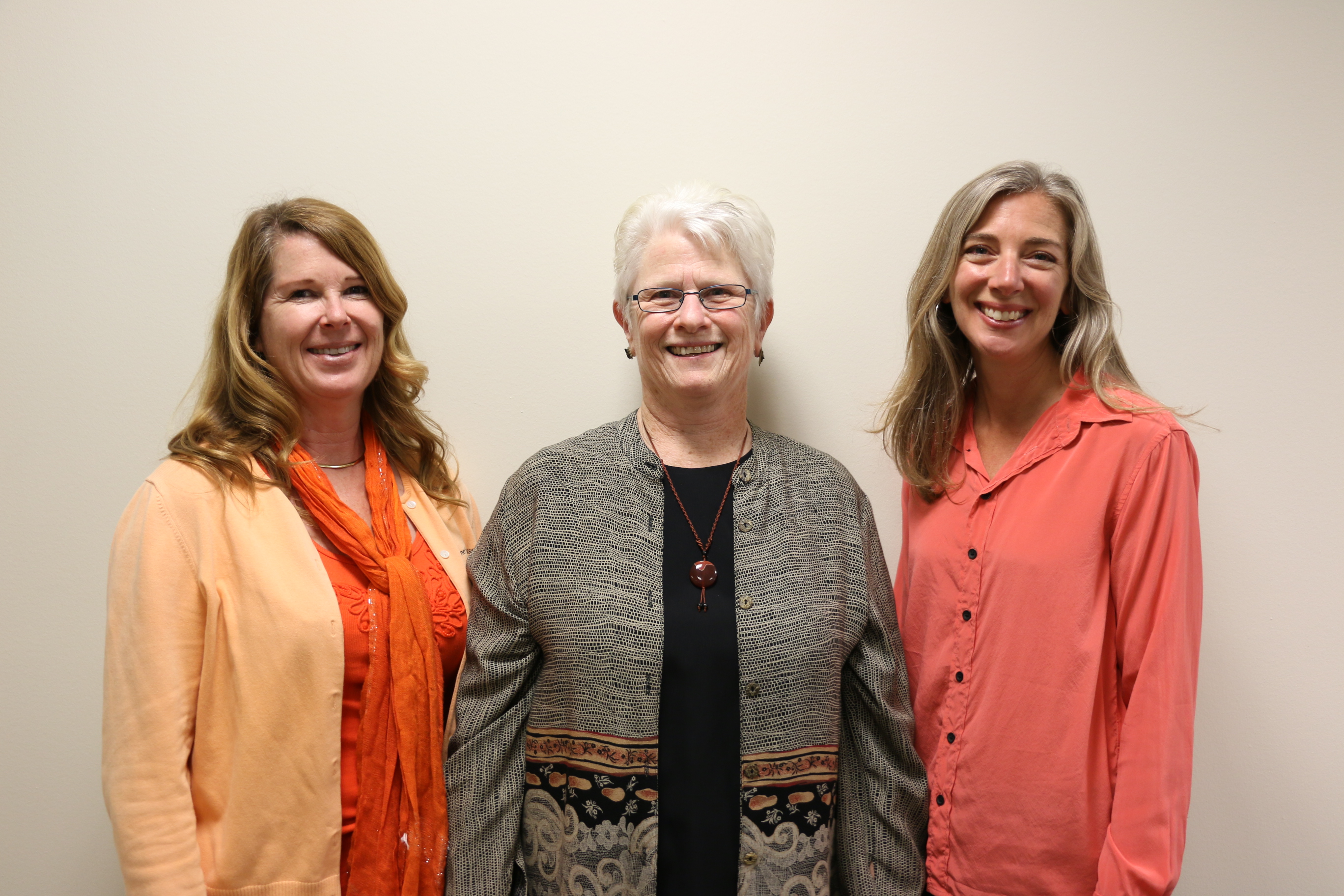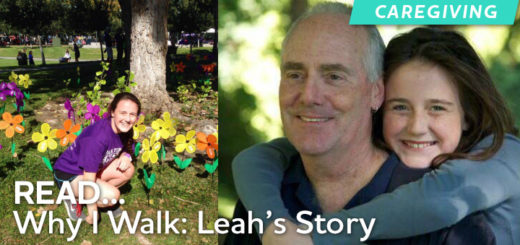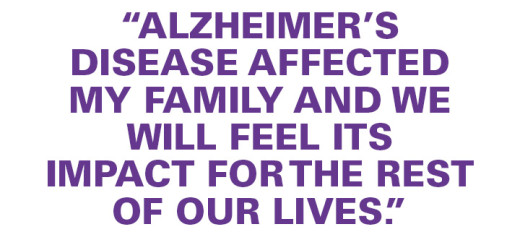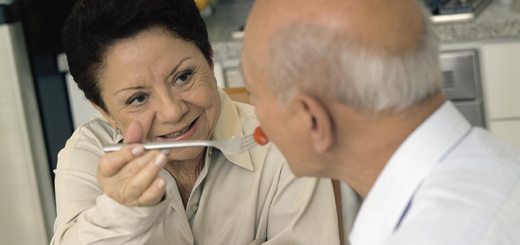National Caregivers Month: Our favorite legal and financial tips
Financial and legal planning are an important first step in caregiving. Proper preparation in these aspects will save you from stressful situations in the future. But how to get started? Here two key first steps to keep you and your loved one safe as recommended by our Family Care Specialists Alex, Helen and Stefanie.
1. Power of Attorney
The most important step is establishing Power of Attorney (POA). It is recommended to include healthcare and financial power in the Power of Attorney document, but you can include other topics in the document if desired. Putting this document in place will ensure that the best medical and financial decisions are made on behalf of the person you are caring for. If a POA is not set up, a conservatorship or guardianship will need to be established by a court. When this occurs, only the conservator will have power to make decisions for that person.
Creating a POA is not as difficult as one would think. Resources online can guide you on what should be included and steps that need to be taken. Instead of drafting the document yourself, some websites provide forms that can simply be filled out. Usually, a notary or lawyer is needed to sign legal documents, but in the case of a POA, this is unnecessary. If a notary or lawyer is not chosen, two individuals may be called to stand as witnesses for the document signing. These witnesses can be neighbors, bankers or ecclesiastical leaders””just so long as the witness has nothing to gain from the document. When signing the POA, be aware of how your loved one’s state of understanding is in the moment they are asked to sign. The person signing a POA must know what they are signing when they are signing it to have the document be considered legal. If it is not the right moment, hold on to the document and keep it close by for a good clear moment.
2. Financial protection from themselves and others
There are some individuals that may try and take advantage of a person suffering from dementia or the person themselves can put their own funds at risk. Consider giving limited access to the person to pay small bills while holding back access to larger funds such as retirement funds, stocks, etc. In some cases, banks have their own documents that need to be signed for this kind of money management. Again, put this in place as soon as possible so that the documents can be signed before they are unable.

Meet our Family Care Specialists (L-R)
Alex manages our respite program, assists families through our 24/7 Helpline, speaks on dementia research and a variety of dementia topics at our community programs and facilitates a local caregiver support group and early stage Alzheimer’s support group. She has experience as a State Certified Ombudsman, has a Masters degree in Gerontology and is a Credentialed Professional Gerontologist and Private Certified Geriatric Care Manager.
Helen is a native Californian who has lived in the bay area for most of the last thirty years.She manages the Northern Nevada and California chapter Helpline volunteers and facilitates a younger onset caregiver support group. Helen received her training as a licensed Marriage and Family Therapist. She will often have a canine companion at work, whose name is Scout.
Stefanie provides support and education to family caregivers, assists families through Helpline, presents educational workshops to the community and facilitates support groups for caregivers and early stage Alzheimer’s disease. Stephanie has an MSW from University of Washington.
Helpful information related to this story:
More information about legal and financial preparation
More caregiving tips from our experts

















